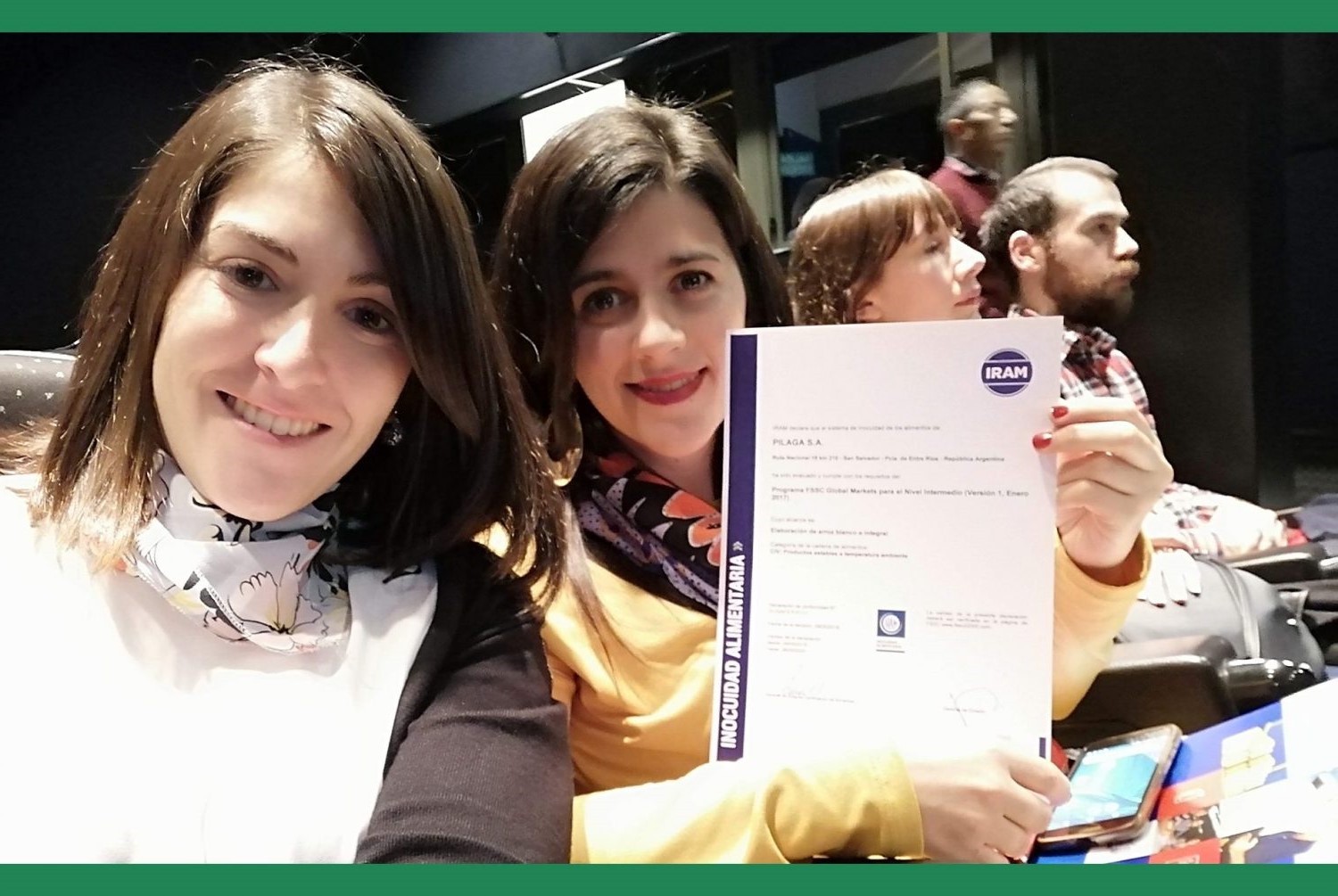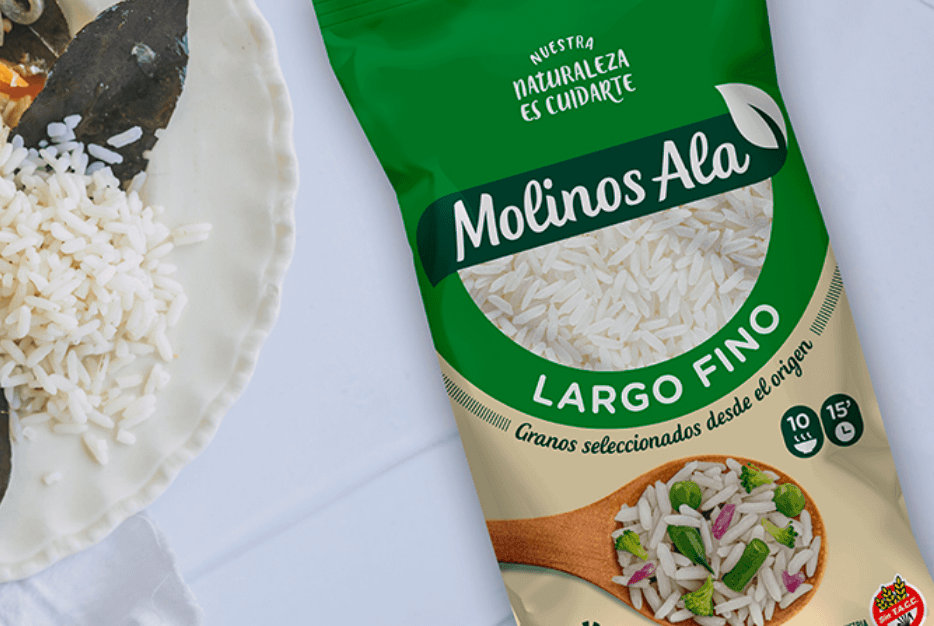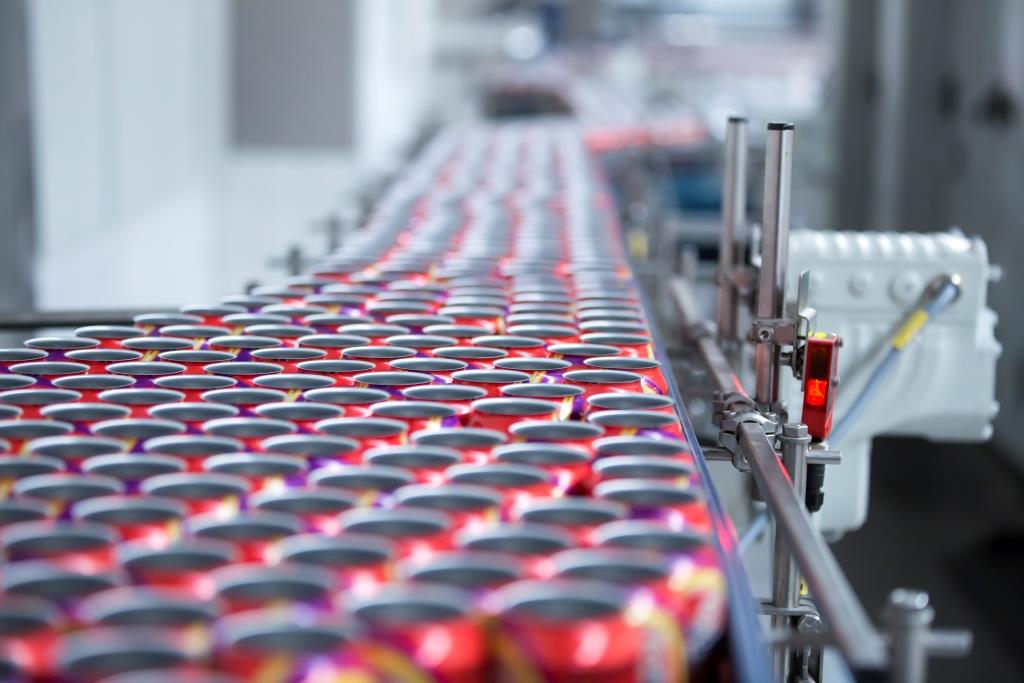The FSSC Development Program gets ready to celebrate its first anniversary, and a lot has happened since its introduction in February 2020.

Not only has the scope of the Program been extended from Food Manufacturing to Catering, but pilots have also taken place to include partly remote audits.
Paola Vanesa Charrier, Chief of Quality Assurance, and Josefina Lorenzatti, Quality Assurance Manager with Adecoagro, share their experiences with the FSSC Development Program and a partly remote audit.
With sites in Argentina, Brazil, and Uruguay, including over 8,000 employees, Adecoagro is the medium-sized food manufacturer behind several known brands, like Molinos, Ala, and Apóstoles. Besides these domestic brands, Adecoagro exports high-quality rice. Adecoagro has its roots in Argentina and values regional economic development with a strong conscience and sustainability focus. Adecoagro has been listed on the New York Stock Exchange since 2011 under the name AGRO.
One of the business units of Adecoagro is PILAGA SA, which operates the rice plants, and for these plants, Adecoagro chose the FSSC Development Program.
- Why the FSSC Development Program?
Two years ago, we decided to implement the FSSC 22000 standard. However, we realized this would be a challenge concerning the time proposed for the certification and implementation process. The FSSC Development Program offered a solution. We could achieve FSSC 22000 certification in smaller steps through this Program, which allowed us a more agile and dynamic approach. We learned more about the FSSC Development Program through the Conformity Assessment Body IRAM.
Maria Cecilia Riva from IRAM about the process:
"Being in the process of implementing FSSC 22000, we discovered that the FSSC Development Program would be a good intermediate step. The Development Program would allow Adecoagro to demonstrate their commitment to food safety, while at the same time it offers the opportunity to initiate an evaluation process and develop and improve their food safety management system until they can achieve FSSC 22000 certification. The Development Program is an easy-to-use program that offers the flexibility for organizations to start or remain at the level of compliance associated with the maturity of their food safety system. At the same time, the FSSC Development Program would give them the advantage of being listed on the FSSC website as a company committed to food safety."
- How did you experience the process towards the audit?
The experience was incredibly enriching, taking into account that it allowed us to receive high-level assessments that helped us to work on the continuous improvement of the management system in aspects such as food safety culture. We have used the self-assessment tool with which we reflected on our Quality and Food Safety management system. The tool made us aware and helped us understand the requirements of each level of the Program.
Since the Development Program requirements align with FSSC 22000, we could continue with achieving FSSC 22000 certification while our rice plants received Conformity Statements against the Development Program. These Conformity Statements proved to both our client and us that we are on a steady path towards FSSC 22000 certification. The Development Program also guided us to a solid Management System that largely meets the clients’ requirements.

- The audit was conducted partly remotely. How do you value that experience?
The audit consisted of two stages, a remote stage in which the documentation was audited and an onsite audit that included a tour of the facility, verifying the food safety documentation, and assessing the processes. We found this experience valuable because it was possible to audit all the program requirements in this challenging year (2020), clearly respecting the COVID-19 protocol internal to the plant and locality.
The audit process was well organized, and it was possible to comply with the proposed Program for the remote and onsite audit. The auditor could visit the plant without staying in the locality and therefore complying with the related protocol. We work only with the necessary personnel in a ventilated room in the plant, with alcohol-based gel and a chinstrap. The auditor was able to interview the required personnel in a ventilated place with less noise to comply with social distancing requirements.
About Adecoagro
Adecoagro has different business units, all integrated into its production chain, some of them are: sugar ethanol and energy in Brazil; milk and grains in Argentina; and as for rice, we are the leading producer in Argentina, with a fully integrated operation, from seed development, production of the crop under irrigation on more than 40 thousand hectares, processing in 3 plants with the latest in technology and commercialization, both in the domestic market with its own brands (Molinos Ala and Apóstoles) and as exporters of rice. It also offers a line of healthy rice-based snacks with different presentations for the domestic market. For this particular business unit and through our firm, PILAGA SA, which operates the rice plants, we chose the FSSC Development Program to achieve FSSC 22000 certification in the future.



